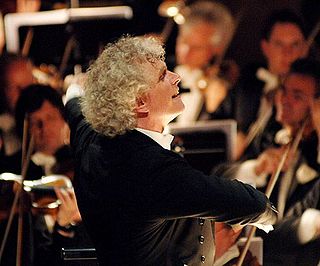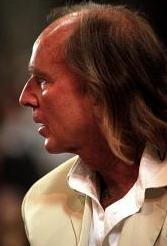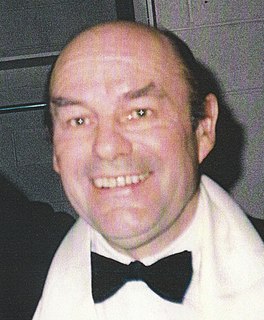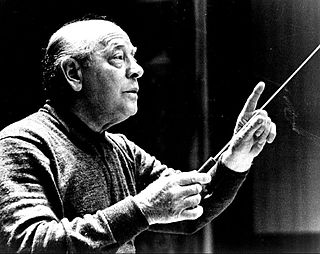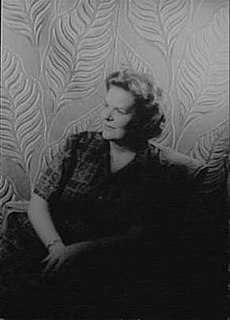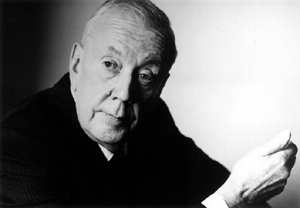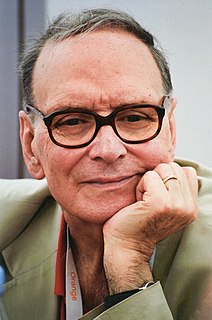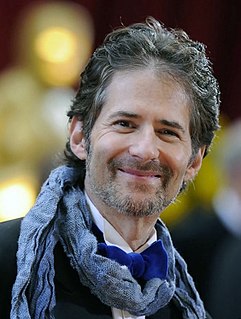Top 36 Mahler Quotes & Sayings
Explore popular Mahler quotes.
Last updated on April 14, 2025.
Presenting Aschenbach as a composer - based on Mahler - leads to some dreadful scenes (especially those in which Aschenbach is berated by his student), and it surely distorts the character Mann created. Yet, we know that Mann's novella was based on a holiday in Venice he took with his wife and brother, and that while he was there he followed the reports in the German newspapers, describing the dying Mahler's progress as he returned from New York to Vienna.
It is time to remind Sharon that the star of David belongs to all Jews, not to his repulsive Government. His actions are staining the star of David with blood. The Jewish people, whose gifts to civilised discourse include Einstein and Epstein, Mendelssohn and Mahler, Sergei Eisenstein and Billy Wilder, are now symbolised throughout the world by the blustering bully Ariel Sharon, a war criminal implicated in the murder of Palestinians at the Sabra and Shatila camps and now involved in killing Palestinians once again.
I love Gustavo Dudamel and I love what he does for classical music, and I love what he comes out of, El Sistema and the old man Abreu. When we were in Venezuela, I had the chance to go to his building. He had, like, five or six orchestras playing of kids from the hood playing, like, Mahler's third symphony and Shostakovich fifth and Beethoven. Man, it's unbelievable. I mean, they could play.
Britten's opera tends to see things in simpler terms. It portrays an Aschenbach who wants a richer form of sexual fulfillment, and who is hemmed in by the social conventions to which he subscribes. But Visconti's use of the Mahler Adagietto is perfect for what I take to be Aschenbach's sexual desire.
I found a deep kinship between Mahler's recurrent attempts to confront all sides of life and to affirm himself in the face of his own finitude, and Aschenbach's dedication to persevere in the literary evocation of beauty. Exploring this kinship led me to reflect on many of Mahler's songs and symphonies - and particularly his great masterpiece, Das Lied von der Erde. The end result was a way of reading Mann that I hadn't originally anticipated at all.
He wanted us to play whatever we played in the most characteristic and appropriate style. Even it was the theme from 'The Godfather,' you needed to play that then the way that a Hollywood producer would expect it to be played. Whether it was that or the posthorn solo from Mahler's Symphony No. 3, he would expect that to be played in the way that Leonard Bernstein wanted to hear it. In retrospect, I think it was a sensational way to teach this particular group of students. By the time you graduated you could absolutely read anything with any trumpet.
Every spring I hear the thrush singing in the glowing woods he is only passing through. His voice is deep, then he lifts it until it seems to fall from the sky. I am thrilled. I am grateful. Then, by the end of morning, he's gone, nothing but silence out of the tree where he rested for a night. And this I find acceptable. Not enough is a poor life. But too much is, well, too much. Imagine Verdi or Mahler every day, all day. It would exhaust anyone.








